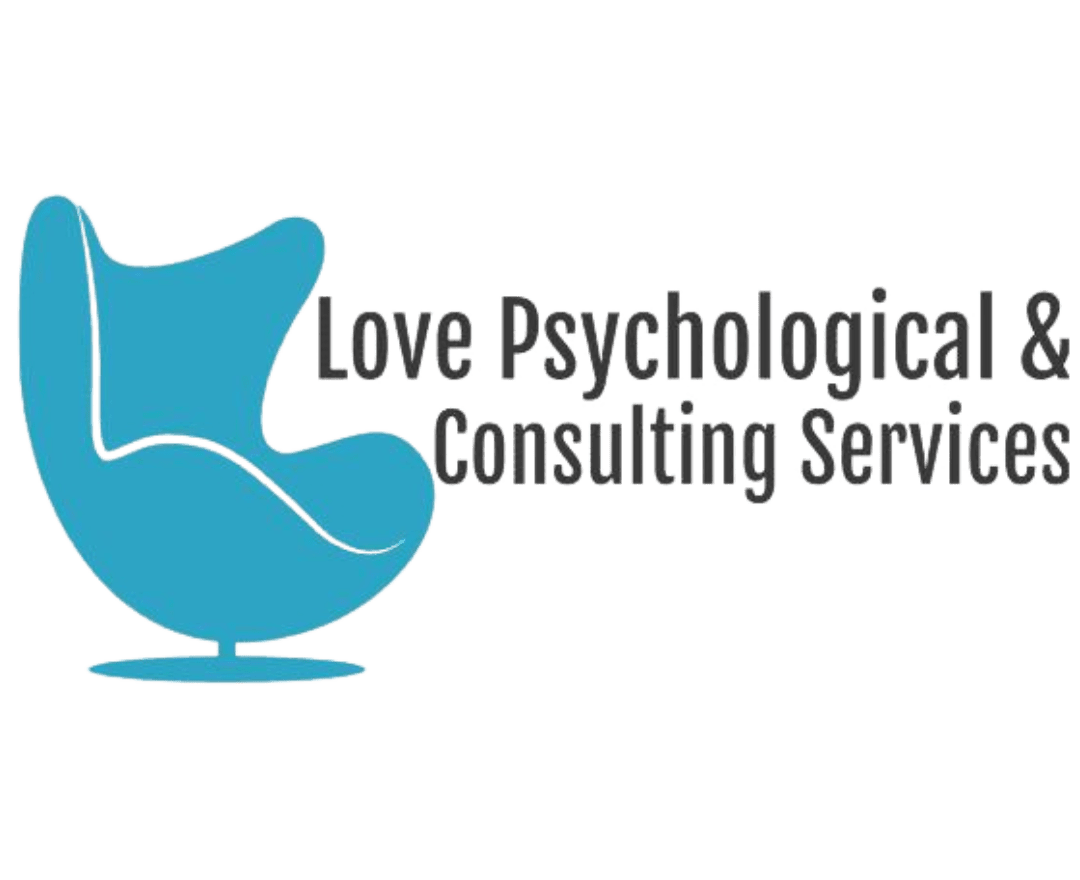The Benefits of Group Therapy for Social Anxiety: How It Can Help You Find Connection and Support

Posted on February 26, 2023
If you struggle with social anxiety, you know how difficult it can be to navigate social situations. From small talk to group settings, social anxiety can make even the simplest interactions feel overwhelming. However, group therapy may offer a solution to this challenge. In this blog post, we'll explore the benefits of group therapy for social anxiety and how it can help you find connection and support.
Understanding Social Anxiety
First, let's define social anxiety. Social anxiety disorder (SAD) is a common mental health condition characterized by an intense and persistent fear of social situations. People with SAD may experience physical symptoms such as sweating, trembling, and blushing, as well as psychological symptoms such as fear of judgment, embarrassment, or humiliation.
While everyone experiences some level of social anxiety at times, SAD can be particularly challenging. It can impact various areas of life, from personal relationships to work and school. It can lead to avoidance behaviors, which can ultimately exacerbate the condition.
Benefits of Group Therapy for Social Anxiety
Group therapy is a form of psychotherapy that involves a small group of people who meet regularly with a therapist to explore a particular issue or concern. It can be an effective treatment option for social anxiety for several reasons.
1. Support and Connection
Social anxiety can be isolating, and people with SAD may feel like they are the only ones who struggle with social situations. In group therapy, participants can connect with others who are going through similar challenges. This connection can provide a sense of belonging and support that can be empowering and healing.
2. Exposure Therapy
Exposure therapy is a type of therapy that involves gradually exposing people to the situations they fear. In group therapy, exposure can happen in a safe and supportive environment. The therapist can guide participants through exposure exercises, such as role-playing or practicing social skills, which can help them build confidence and reduce anxiety.
3. Learning from Others
In group therapy, participants can learn from others' experiences and coping strategies. Hearing from people who have overcome social anxiety or are in the process of doing so can be encouraging and inspiring. It can also provide a sense of hope that recovery is possible.
4. Cost-Effective
Group therapy can be more cost-effective than individual therapy, as the cost is shared among the participants. This can be particularly helpful for people who are on a tight budget or whose insurance may not cover mental health services.
5. Practice Social Skills
Group therapy can be an opportunity to practice social skills in a safe and supportive environment. Participants can receive feedback from both the therapist and their peers, which can be helpful in identifying areas for improvement and building confidence.
Getting the Most Out of Group Therapy
While group therapy can be an effective treatment for social anxiety, it's important to approach it with an open mind and a willingness to participate. Here are some tips to get the most out of group therapy:
1. Be Open and Honest
Group therapy is a safe and confidential environment where participants can share their experiences and feelings without fear of judgment. Being open and honest can help you connect with others and receive valuable feedback.
2. Participate
Participating in group therapy means actively engaging in the sessions, sharing your thoughts and feelings, and participating in exercises and activities. This can be challenging, but it can also be rewarding.
3. Follow Through
Group therapy is a process that takes time and commitment. It's essential to attend sessions regularly, complete homework assignments, and practice the skills learned in therapy.
Final Thoughts
Social anxiety can be a challenging and isolating condition, but group therapy can provide a sense of connection and support. Through exposure therapy, learning from others, and practicing social skills, participants can build confidence and reduce their anxiety. It's essential to approach group therapy with an open mind and a willingness to participate actively. By doing so, you can get the most out of the experience and see significant improvements in your social anxiety symptoms.
If you're interested in exploring group therapy for social anxiety or any other mental health concern, Love Psychological & Consulting Services is here to help. Our team of licensed therapists has extensive experience in individual therapy, couples therapy, group therapy, and psychological assessments. We are committed to helping our clients find connection, support, and healing.
To learn more about our services or to schedule an appointment, please contact us at [email protected]. We look forward to hearing from you and supporting you on your mental health journey.
Contact Me
Send Me Your Queries
Let me know how I can help you, and let's start your mental health improvement.
